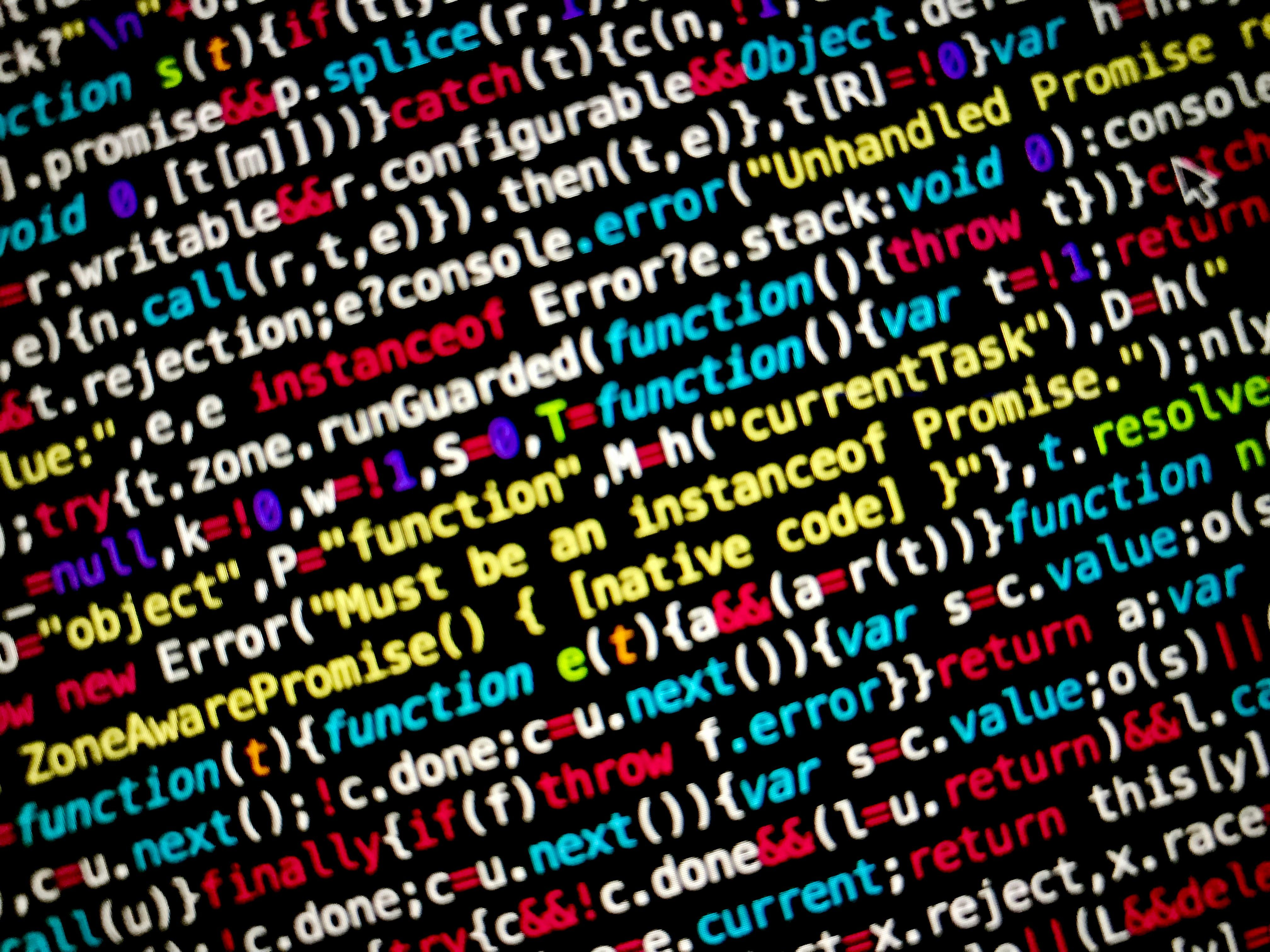Trump's action dismantling the Education Department empowers states to instate voucher programs.
In a radical shift, the Trump administration has been championing the growth of school voucher programs across red states, stirring up a storm in the education sector. This expansion, enthusiastically prompted by the president himself, is set to gain even more momentum as the administration pushes for education to be returned to state control.
Conservative education activists are emboldened by this push, viewing voucher programs as a means to empower parents. However, public education advocates issue stern warnings about the potential risks that this widespread adoption of voucher programs could pose to the broader school system, already fraught with perils from the Trump administration's dismantling of the Department of Education.
Recently, Texas marked the 16th state to introduce a universal school choice program, a move that abolishes restrictions on voucher eligibility. Unlike previous programs with specific limitations, such as catering to private schools for children with special needs or families below a certain income level, this universal program extends eligibility to any family within the state, offering around $10,000 per family for K-12 private school expenses. The program is set to launch in the 2026-27 school year.
This rise in statewide voucher programs is far from a new trend. Yet, it has exploded in recent years as conservative forces at the local, state, and federal levelspush for "school choice." Currently, 16 states offer at least one voucher program with universal eligibility, while another 14 offer voucher programs with eligibility requirements. Three states - Texas, Idaho, and Tennessee - have enacted universal programs this year, while efforts to create new voucher programs or expand existing ones in another eight states have stalled or failed.
However, these voucher programs are not universally accepted. Critics argue that they divert public funds away from public schools to support private schools that evade accountability requirements and may not provide the same protections to disabled students or those facing disciplinary measures. The departure of voucher-driven students from public schools results in diluted resources for the remaining students while concentrating higher-need, higher-cost students in underfunded public schools.
The Trump administration insists that these programs offer parents the freedom to choose the best educational setting for their child. But critics point out that universal school voucher programs are disproportionately used by wealthy families whose children are already enrolled in private schools. Moreover, they argue that the programs do little to benefit low-income families or families with limited public school options.
Controversies surrounding these programs will likely intensify as the Trump administration attempts to reshape the education landscape, potentially undermining the quality and equity of public education.
- Critics are concerned that the continual expansion of universal school voucher programs, such as the one in Texas, could lead to a redistribution of funds from public schools to private institutions that may not adhere to the same accountability policies, potentially compromising the quality of education for all students.
- In the midst of the Trump administration's push for the growth of school voucher programs, funding for public education could become a contentious topic in policy-and-legislation, likely spilling over into the general news and politics.
- While the Trump administration champions school voucher programs as a means to provide families with funding for K-12 private school expenses, critics question the equitability of these programs, suggesting that they primarily benefit wealthier families, leaving low-income families and those with limited public school options disadvantaged.







